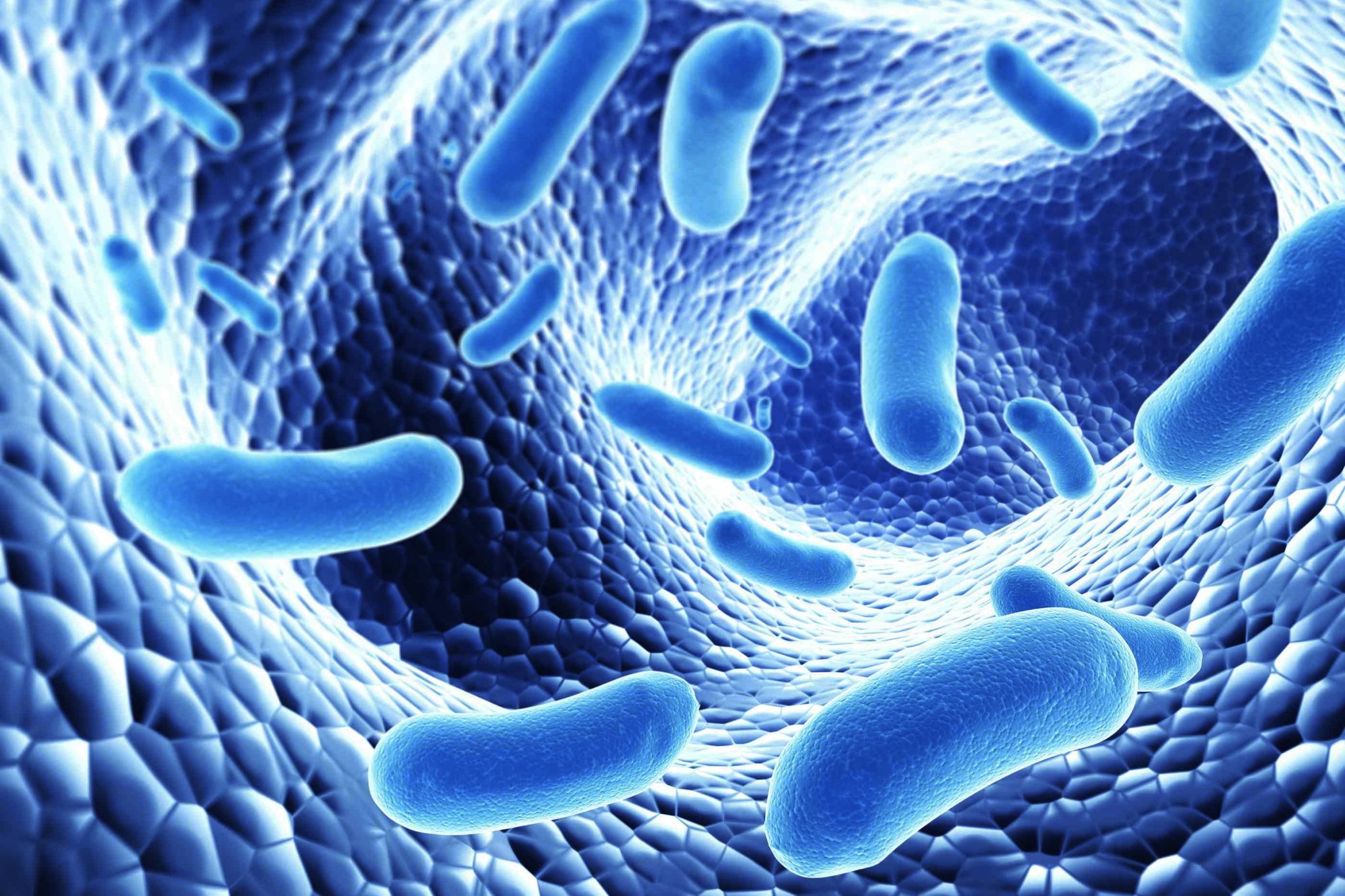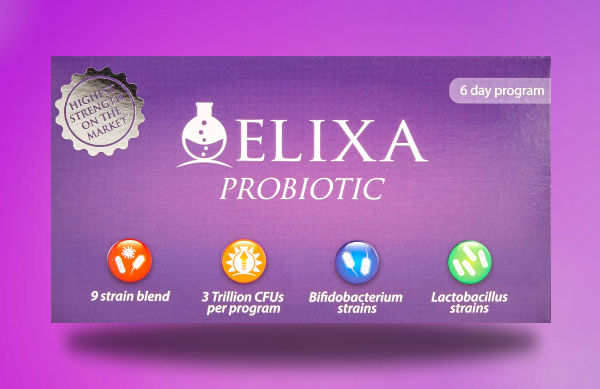Failing to feed your good bacteria properly can lead to them snacking on YOU, according to research from the University of Michigan Medical School.
Good bacteria in your gut, the kind that helps to stave off conditions such as heart disease, diabetes and diverticular disease, relies on a high-fibre diet to keep them fit and able to help digest the food you eat and synthesise vitamins.
And while some bacteria will simply die off if under fed, others will resort to taking a feast on the mucus lining of your stomach in a bid to stay alive. That’s according to Eric Martens and his team who fed one controlled group of rodents a high-fibre diet, and another group a fibre-free alternative, in order to shed light on fibre’s relationship with the gut.
At the end of the experiment the mice that had a high-fibre diet were fighting fit and had a mucus lining in keeping with a healthy animal. But those that had a fibre-free diet had a diminished mucus lining which has, in previous research, been linked to severe health conditions such as ulcerative colitis, a painful chronic bowel disease. Even a third control group, which was fed high-fibre and low-fibre diets on alternating days, could not keep their gut healthy – these mice had a mucus layer about half as thick as the mice on a high-fibre diet.
The gut is a site for constant turf wars with hundreds of bacterial species fighting for resources. While companies promote probiotics as the catch-all solution, repeated studies have found prebiotic fibre to be just as, if not more, beneficial.
The problem is that we in the West aren’t all that good at taking in the right amount of fibre through our normal diets. This is a real concern, especially when you consider that in the UK the average person gets less than their daily recommended amount of fibre.
According to the British Nutrition Foundation “In the UK most people do not eat enough fibre (the average intake is 12.8g/day for women and 14.8g/day for men). The recommended average intake for adults is 18g per day.” Considering in America they recommend 38g for men and 25g for women even 18g seems much too low.
It is actually more challenging than you may think to eat the correct amount of fibre in your diet. Eating a large green salad when you come home from work will only contribute around 2-3g of fibre to your diet. Dieticians claim that it is best to get your daily fibre fix as part of your regular diet, rather than supplements. Within a paleo framework we’re talking a whole range of fruit and vegetables and some nuts and seeds, but even this may not be enough since only certain types of vegetables provide specific prebiotic fibres necessary to feed the right types of gut bacteria.
The results of a high-fibre diet can be well worth the additional effort if you stick with it. A study commissioned by the University of Illinois gave a small control group a fibre-enriched snack bar containing 21 grams of fibre which they had to eat daily for three weeks. Dr Kelly Swanson and his team found that the individuals involved in the test shifted from a microbial make-up similar to those found in obese people to one more commonly found in the lean population. But the moment the experiment was concluded they reverted back to their original state – put simply you have to maintain a high-fibre diet to see the long-term benefits.
“We’re hoping this study helps people realize that diet—what you eat every day—does affect the bacteria in your gut. We saw these dramatic shifts in bacterial populations with fibre supplementation, but then those shifts went away when people stopped using the supplements,” Holscher said.
Researchers are now hoping that this work can help them understand the complicated puzzle of diet and weight loss. “We’ve known forever that if you eat a lot of fibre you lose weight,” Swanson explained. “What we’re doing is getting closer to finding what is actually the cause and effect. Studies like these are great because it’s getting at the mechanisms to explain exactly why fibre is so beneficial.”
Those benefits include the more traditionally accepted benefits like a feeling of fullness, therefore preventing over eating, and healthy laxation – or regularity in the bowel movement department.
“Diet is one of the most powerful tools we have for changing the microbiota,” said Justin Sonnenburg, a biologist at Stanford University. “Dietary fibre and diversity of the microbiota complement each other for better health outcomes.” Today Westerners are eating roughly a tenth of the fibre our hunter-gatherer ancestors were which could be storing up problems for future generations.
Now researchers want to find out how else a low fibre intake could affect our microbiota and the potential health implications for people in the future. It may just be worth keeping your gut microbiota happy by stocking up on prebiotic foods like onions, garlic, berries, chicory root and jerusalem artichokes, to name just a few – the health benefits really do make it a no-brainer.
Sources:
- Fiber supplementation influences phylogenetic structure and functional capacity of the human intestinal microbiome: follow-up of a randomized controlled trial
- Shift in gut bacteria observed in fiber supplement study may offer good news for weight loss
-
Fiber-Famished Gut Microbes Linked to Poor Health
Try the Next Generation of Probiotics:








You must be logged in to post a comment.